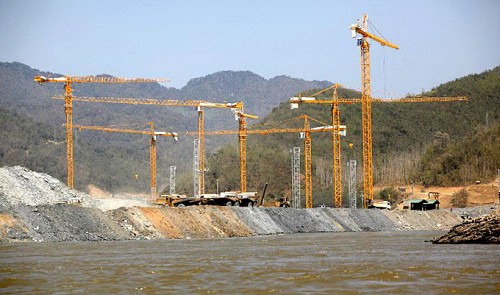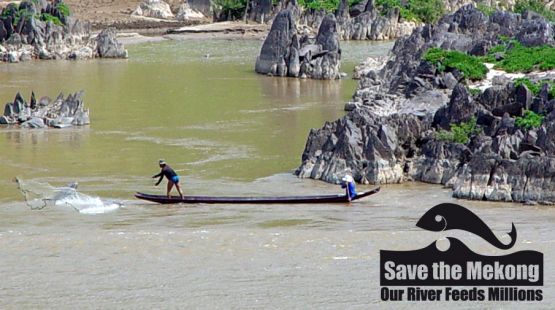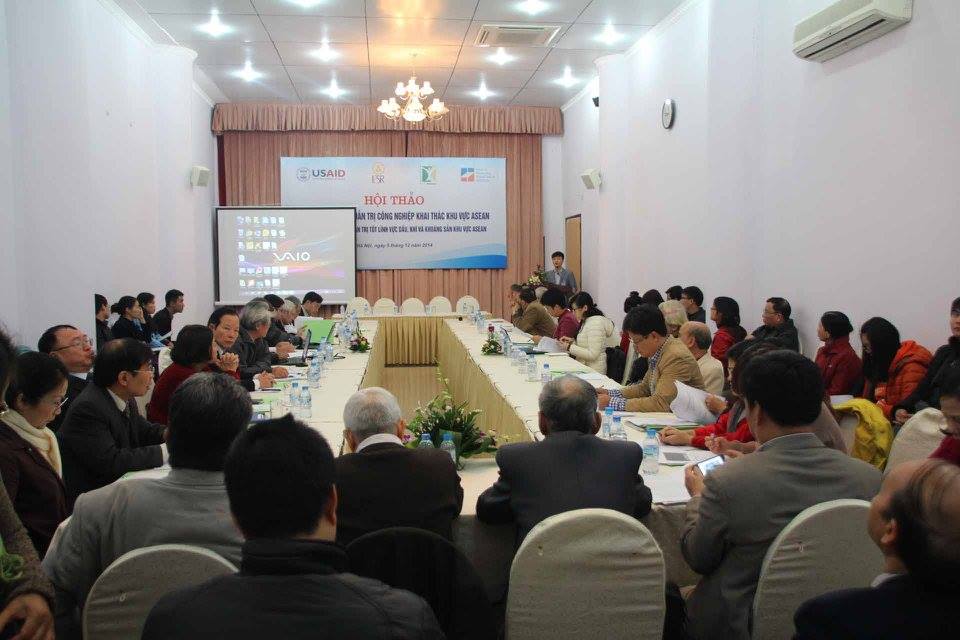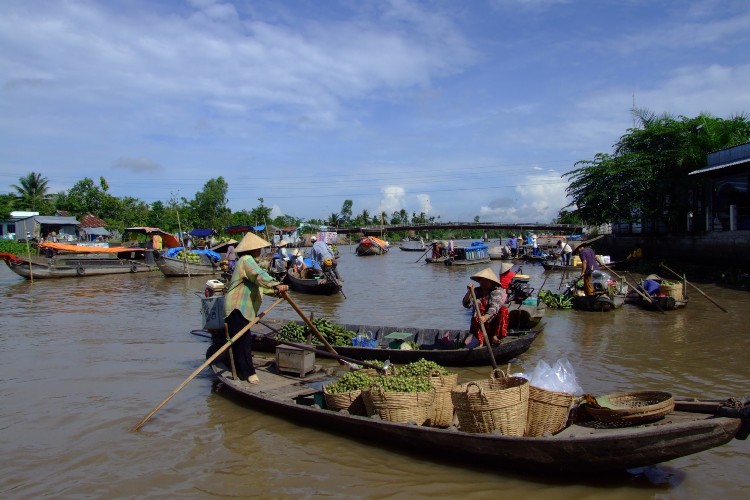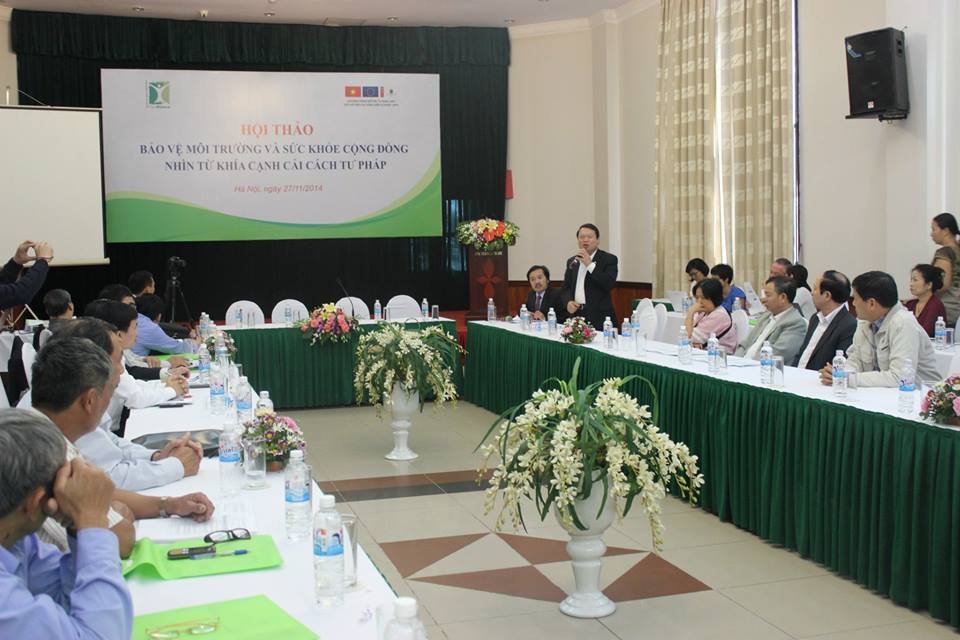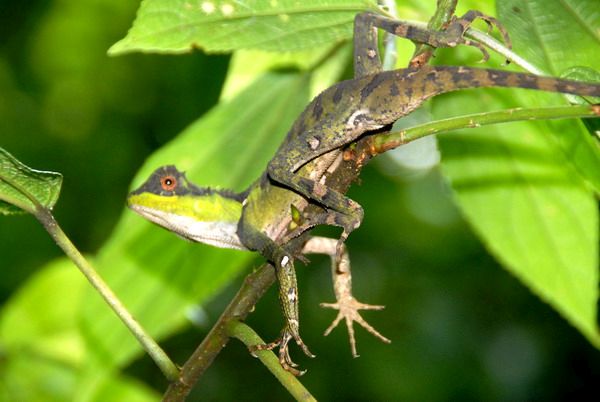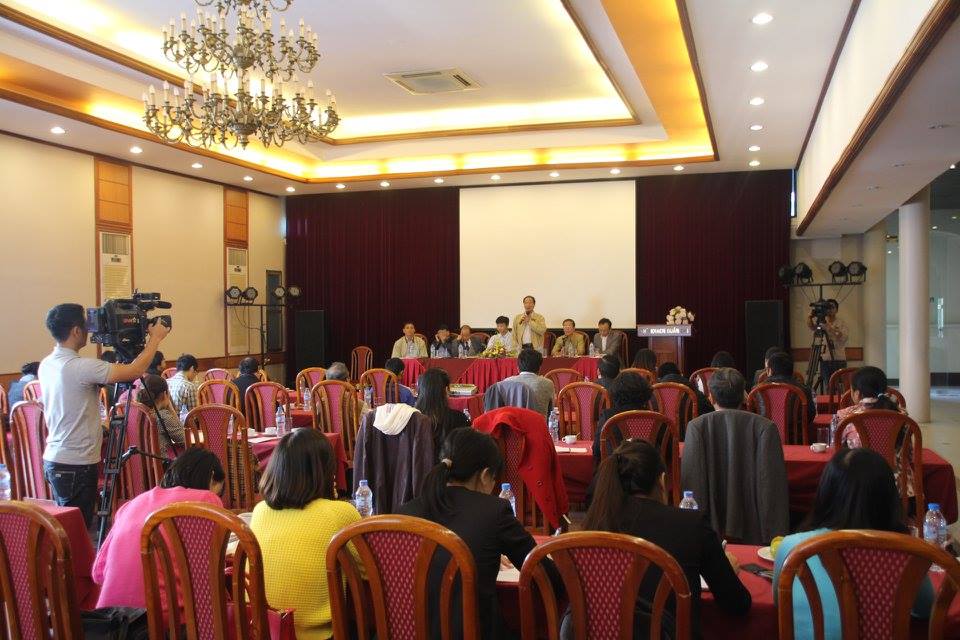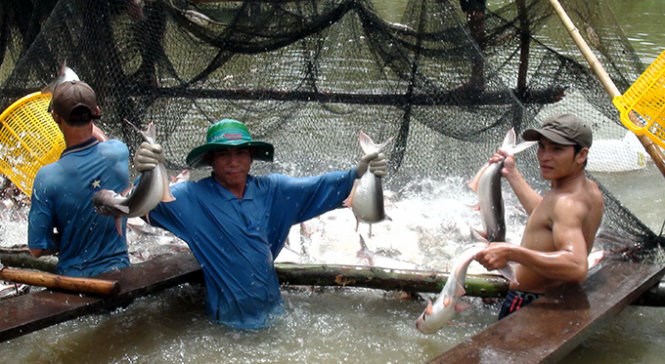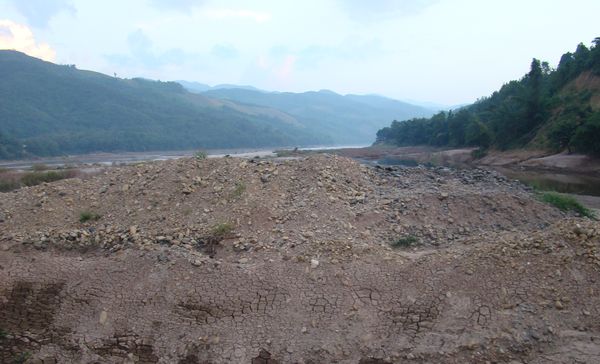Lao Hydro Dam to Seriously Affect Vietnam’s Mekong Delta
Laos has officially announced its plan to develop the Don Sahong hydropower project on the Mekong River, and this project will be seriously affect Vietnam’s agriculture and aquatic resources in the Mekong Delta region, experts have warned.

